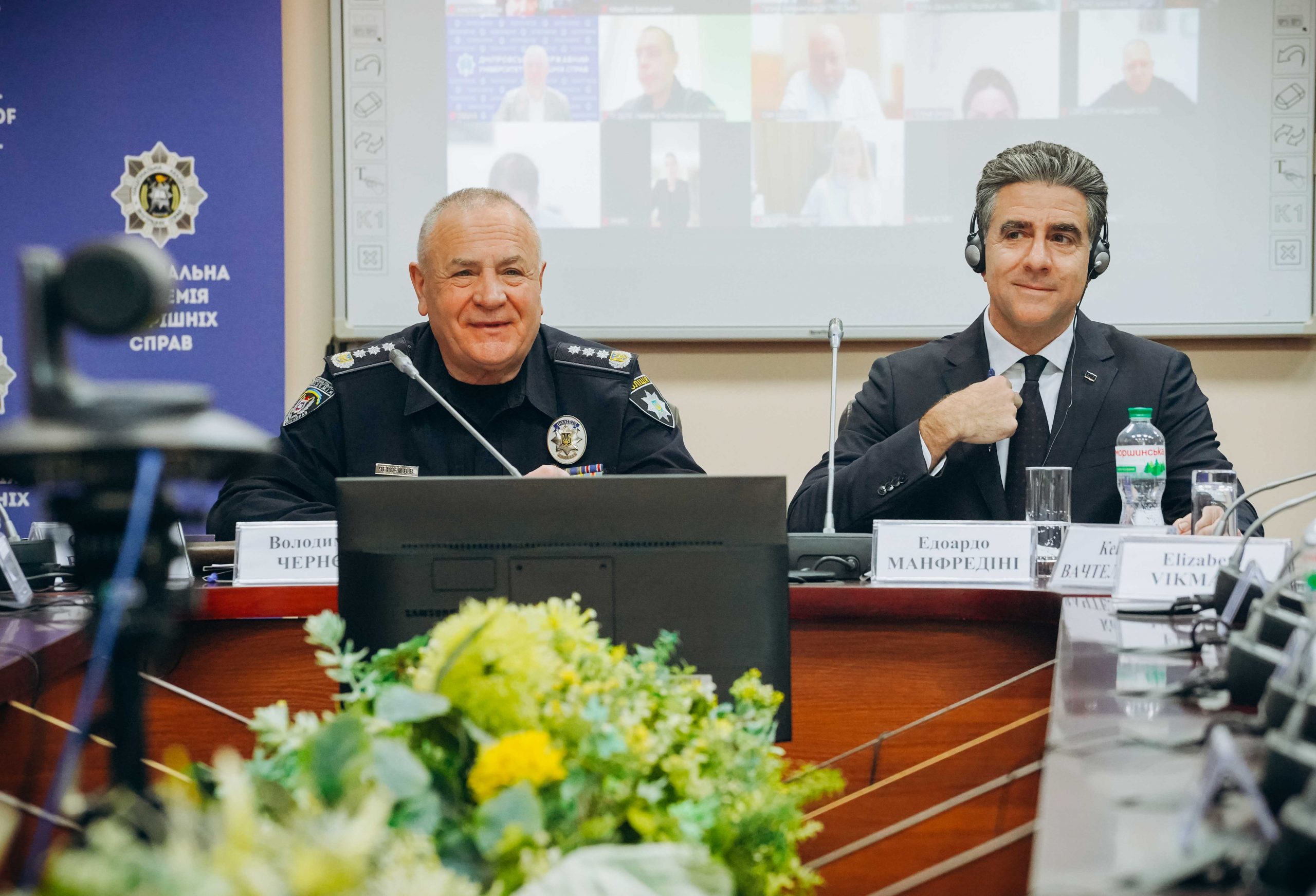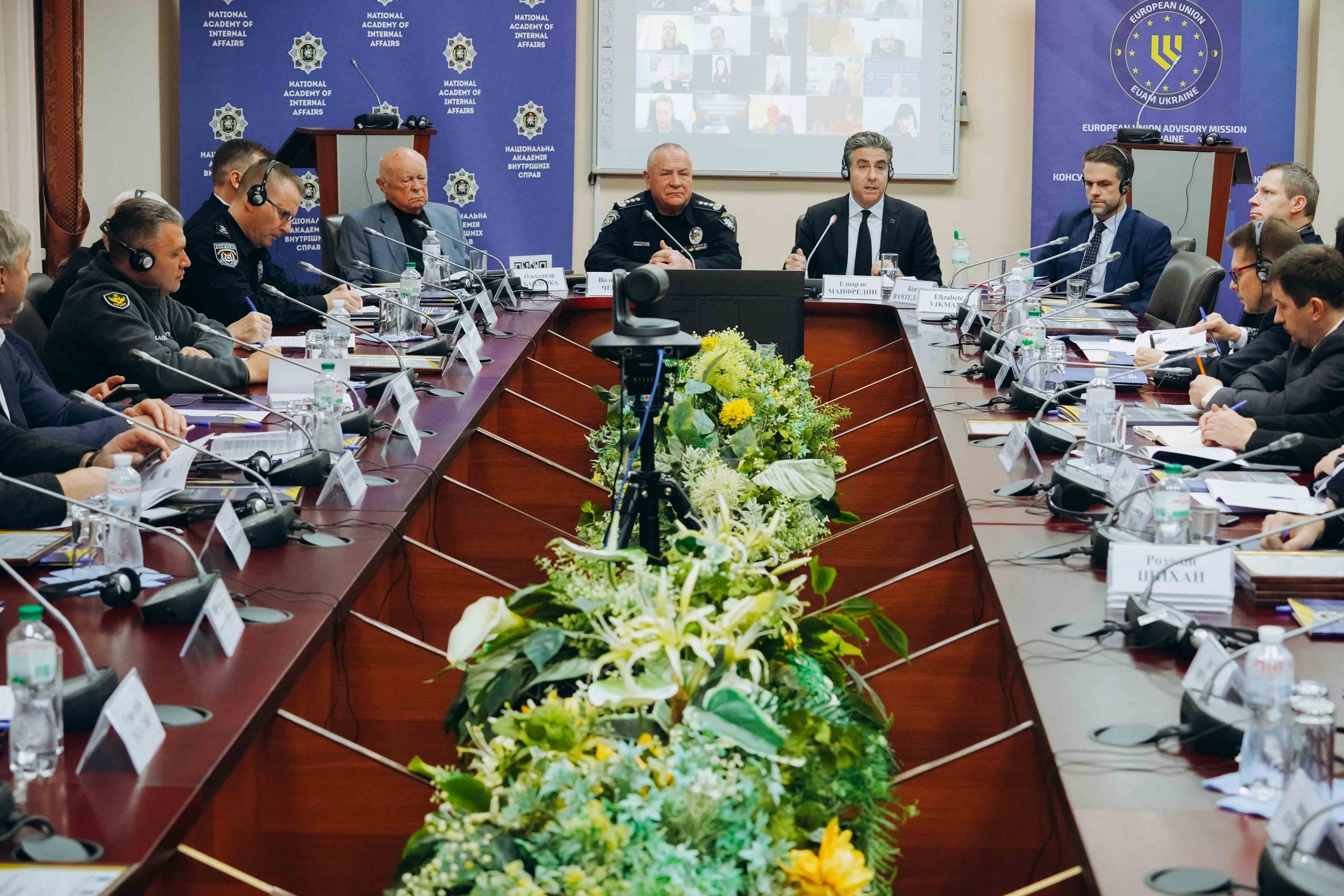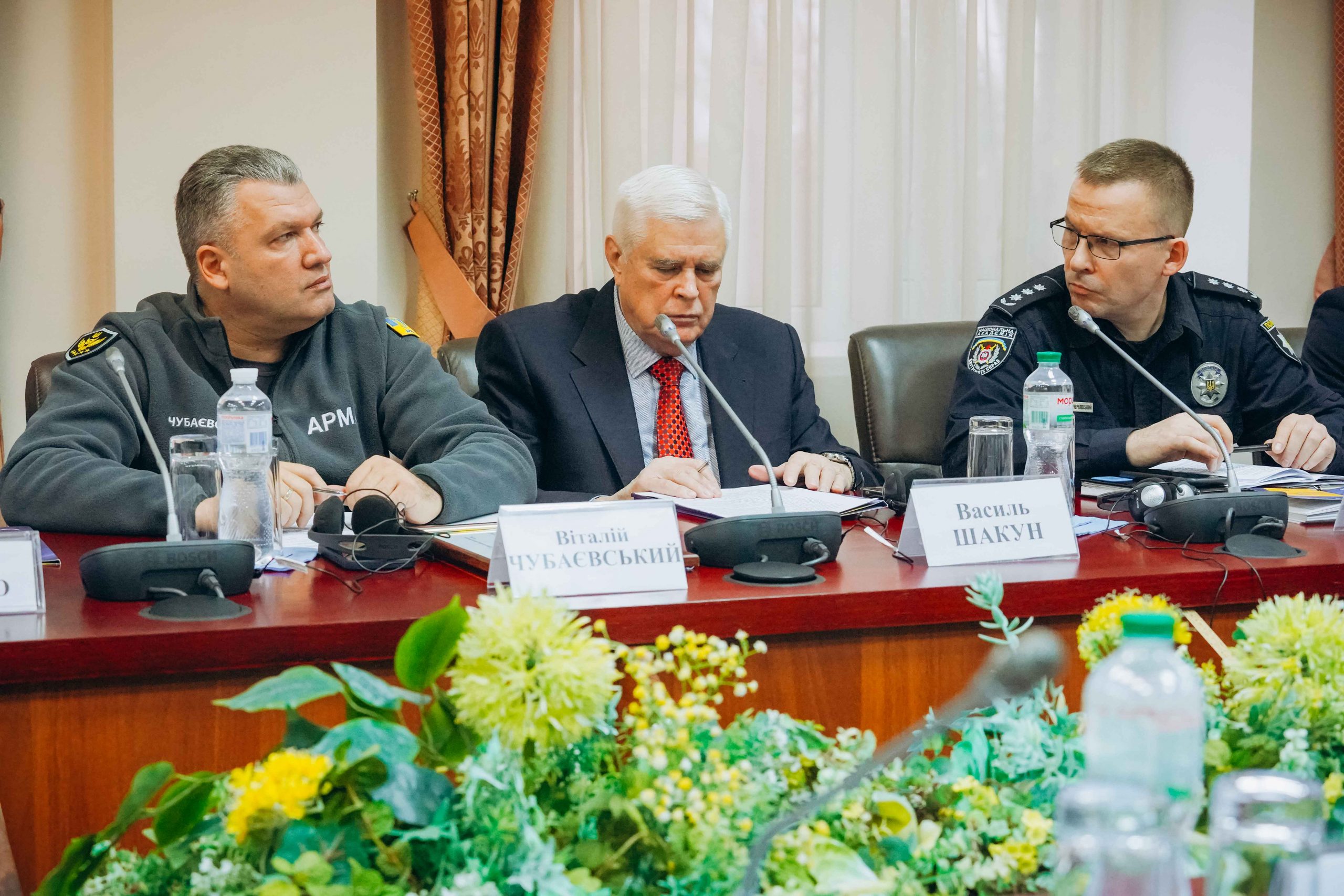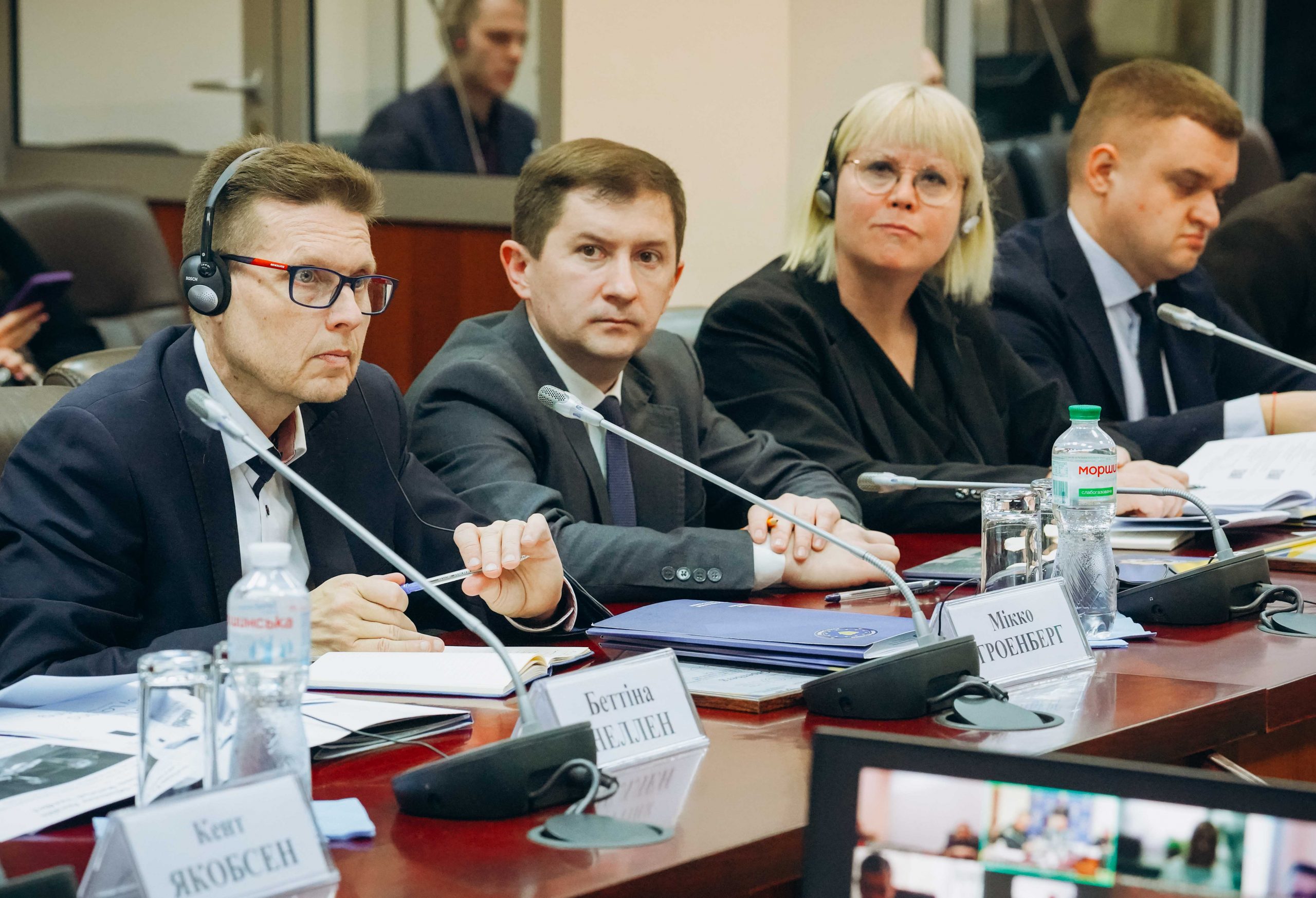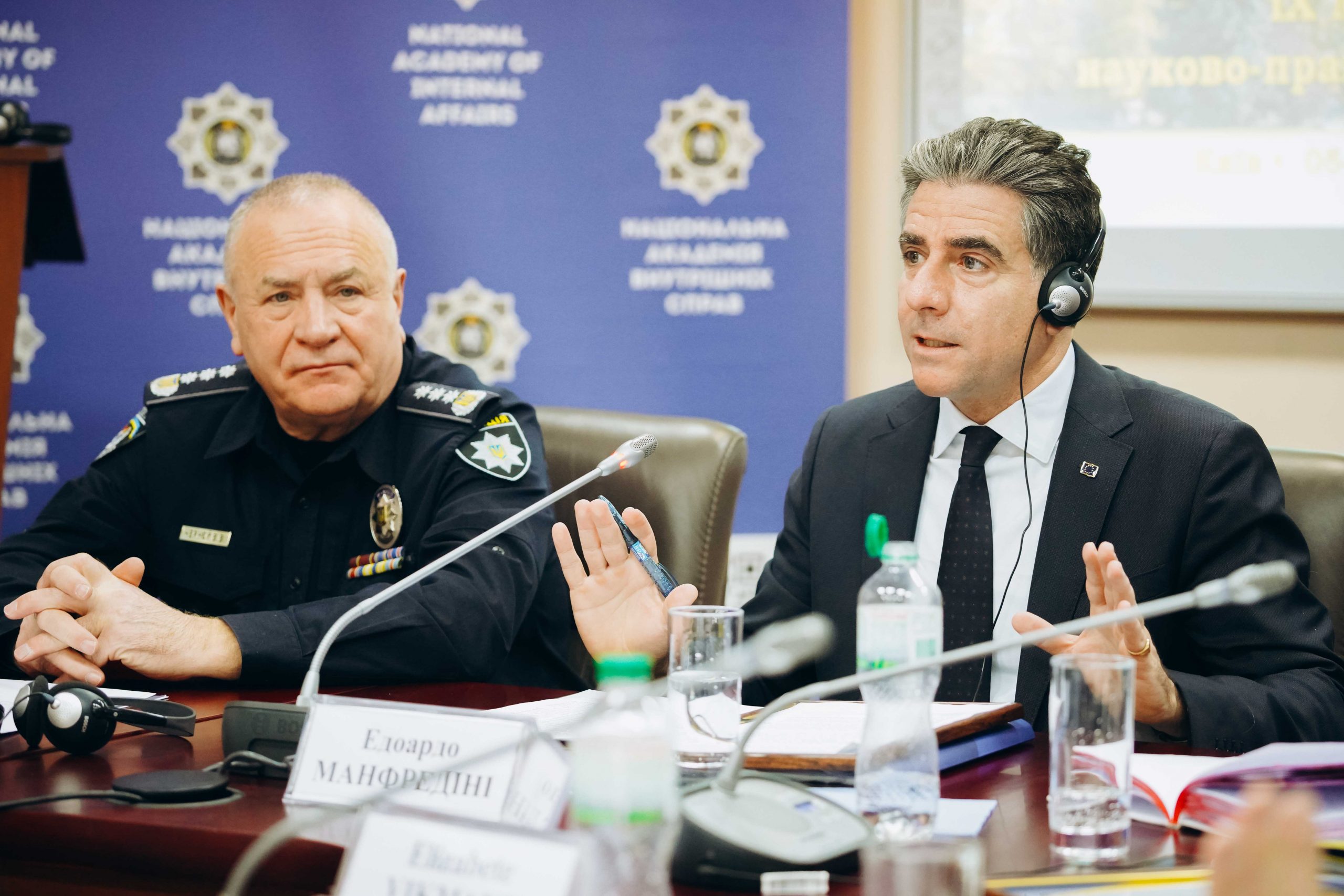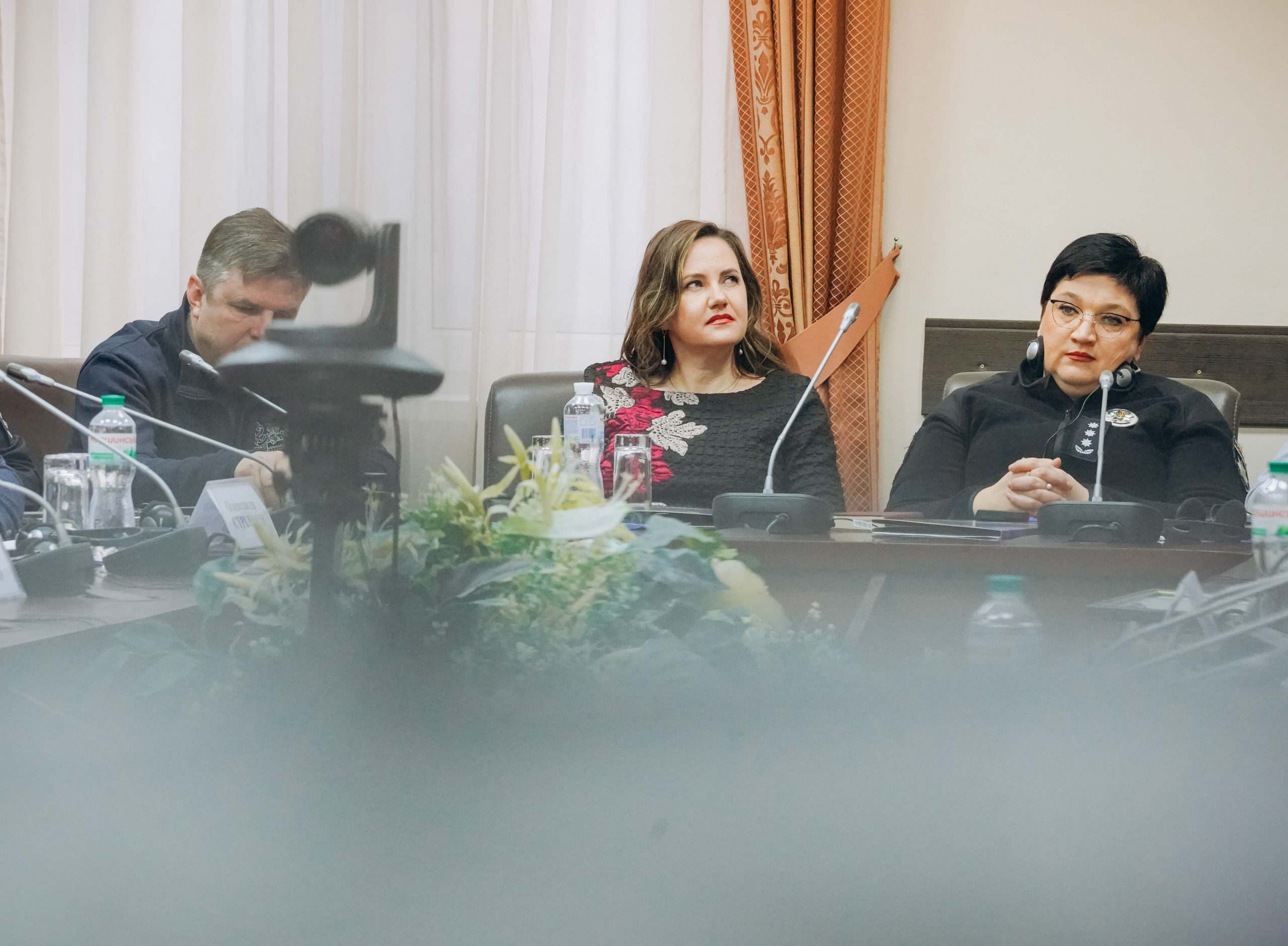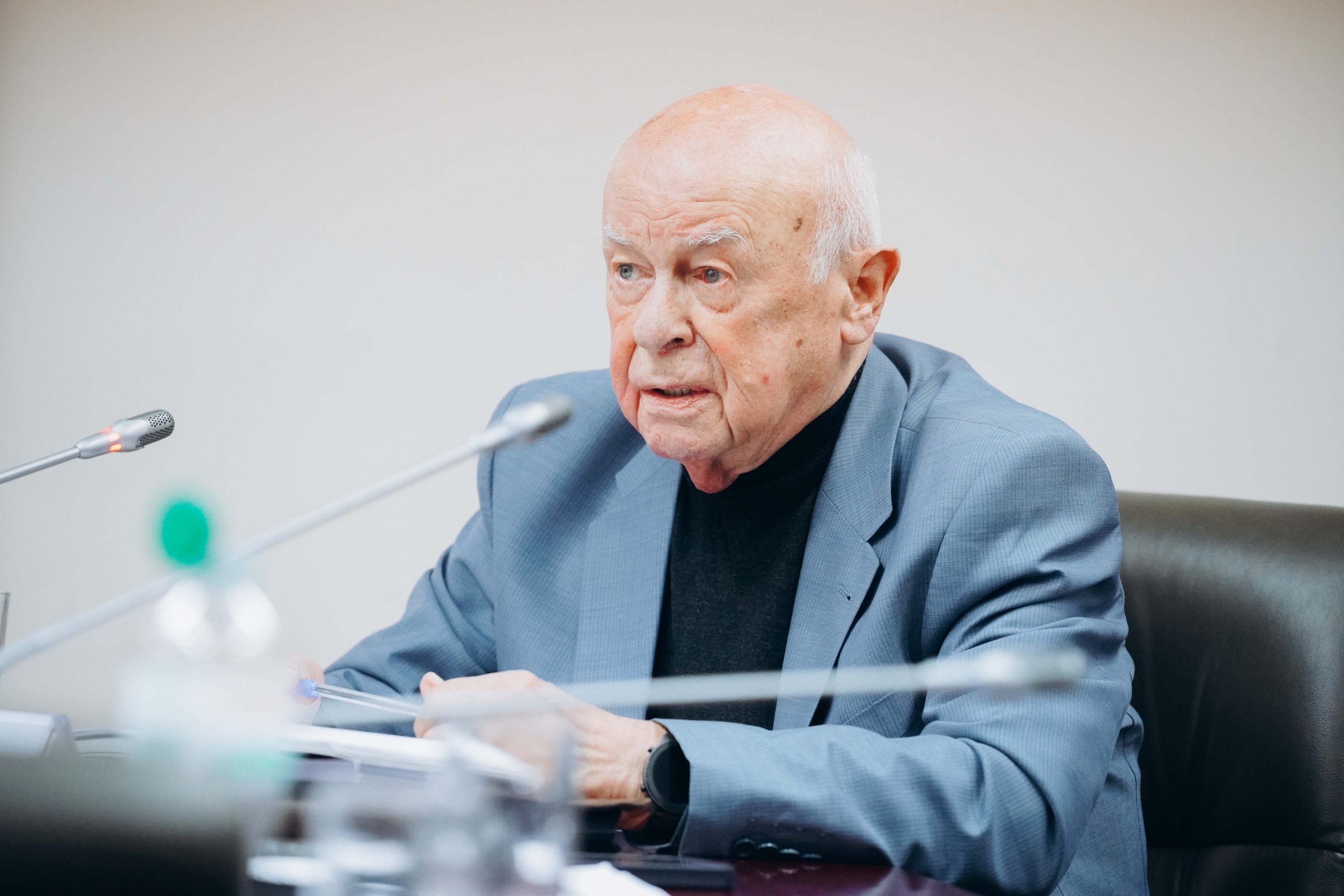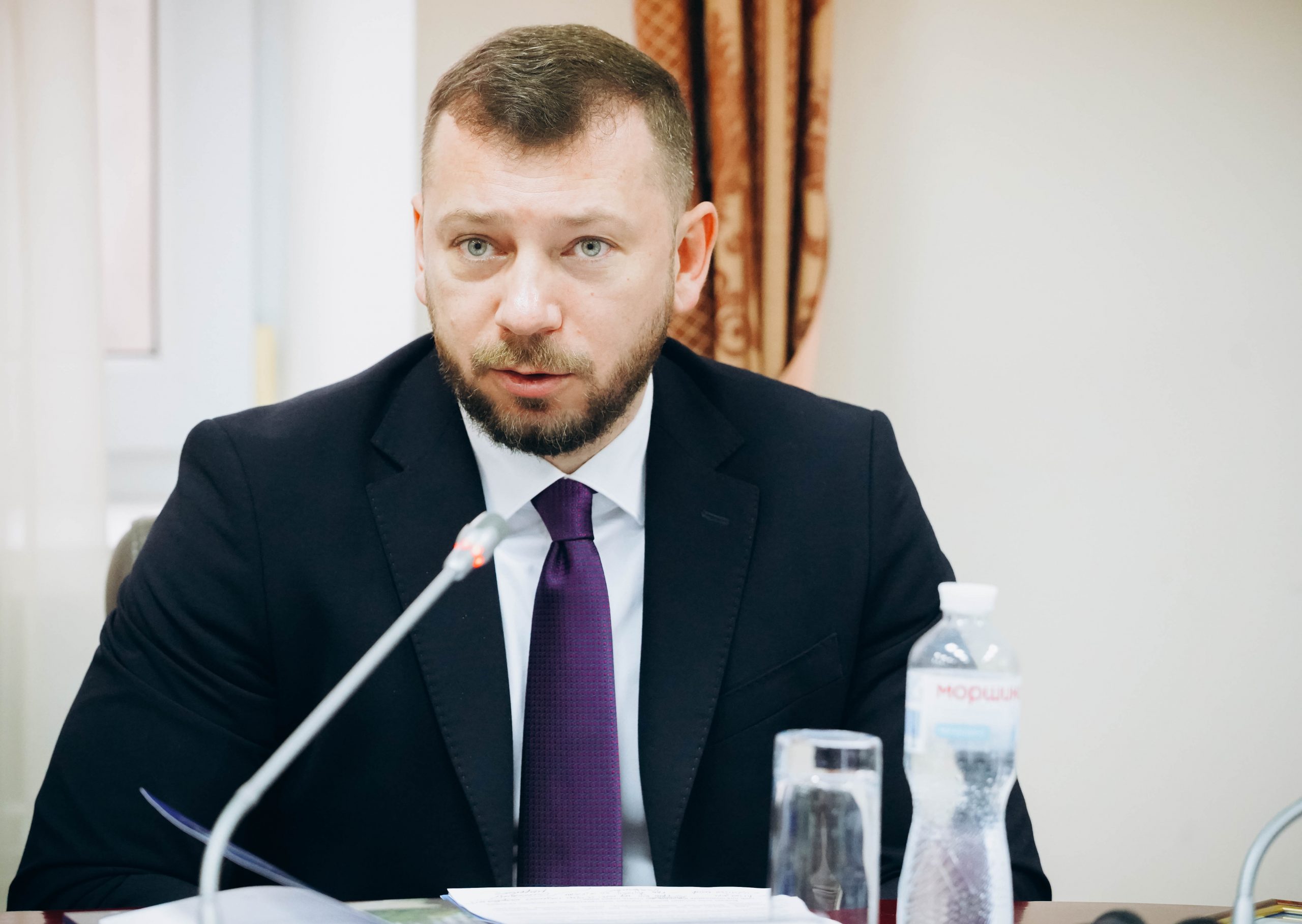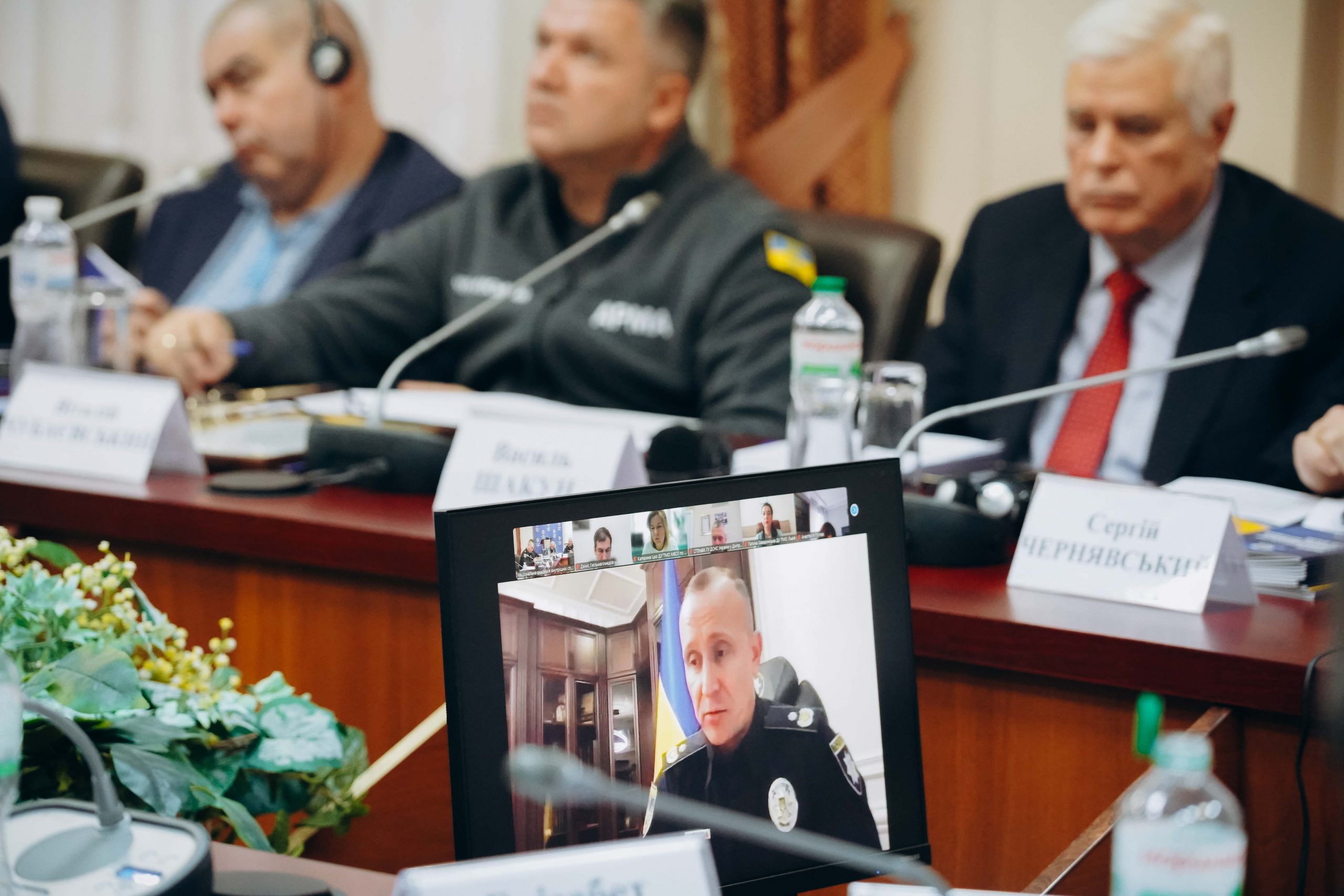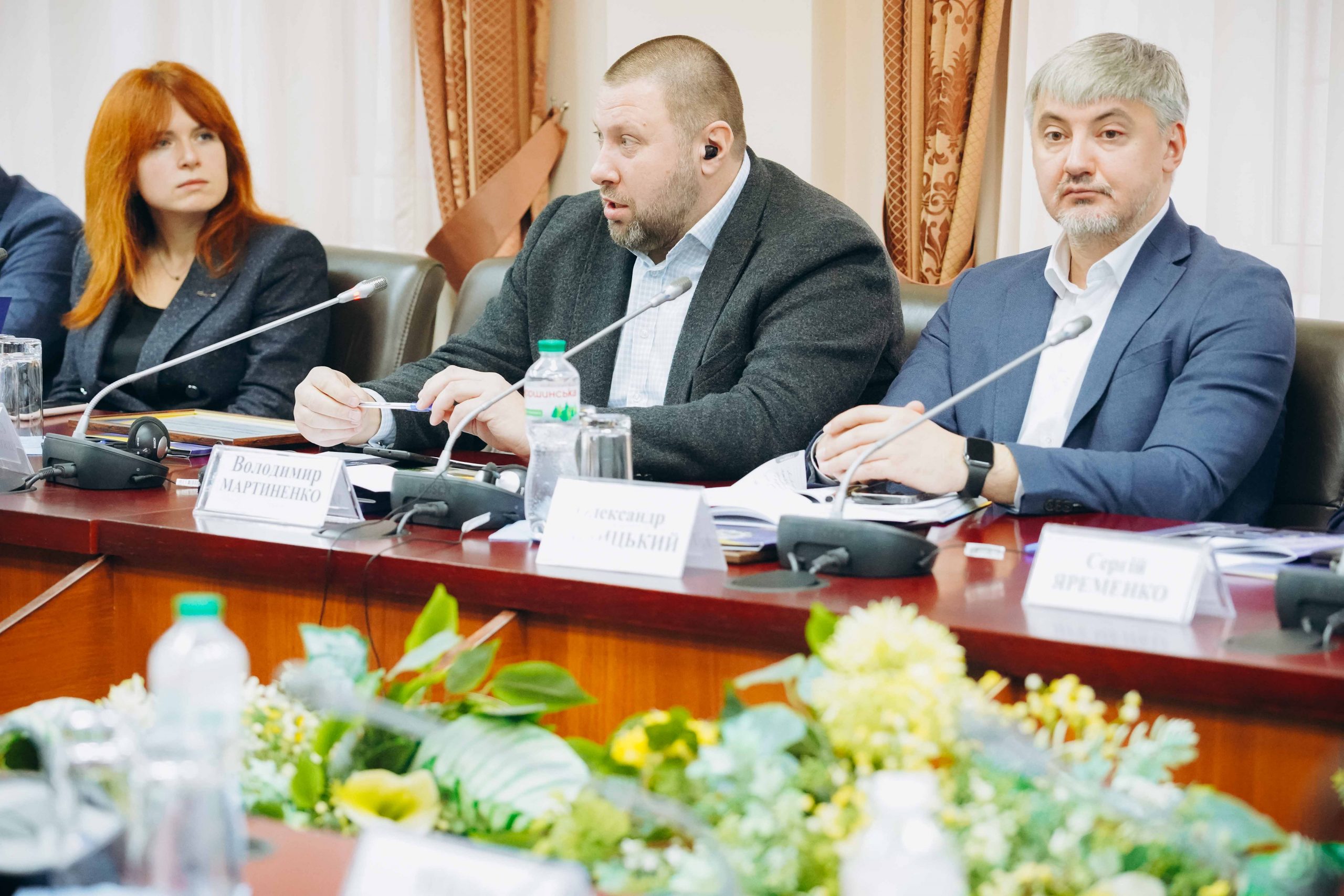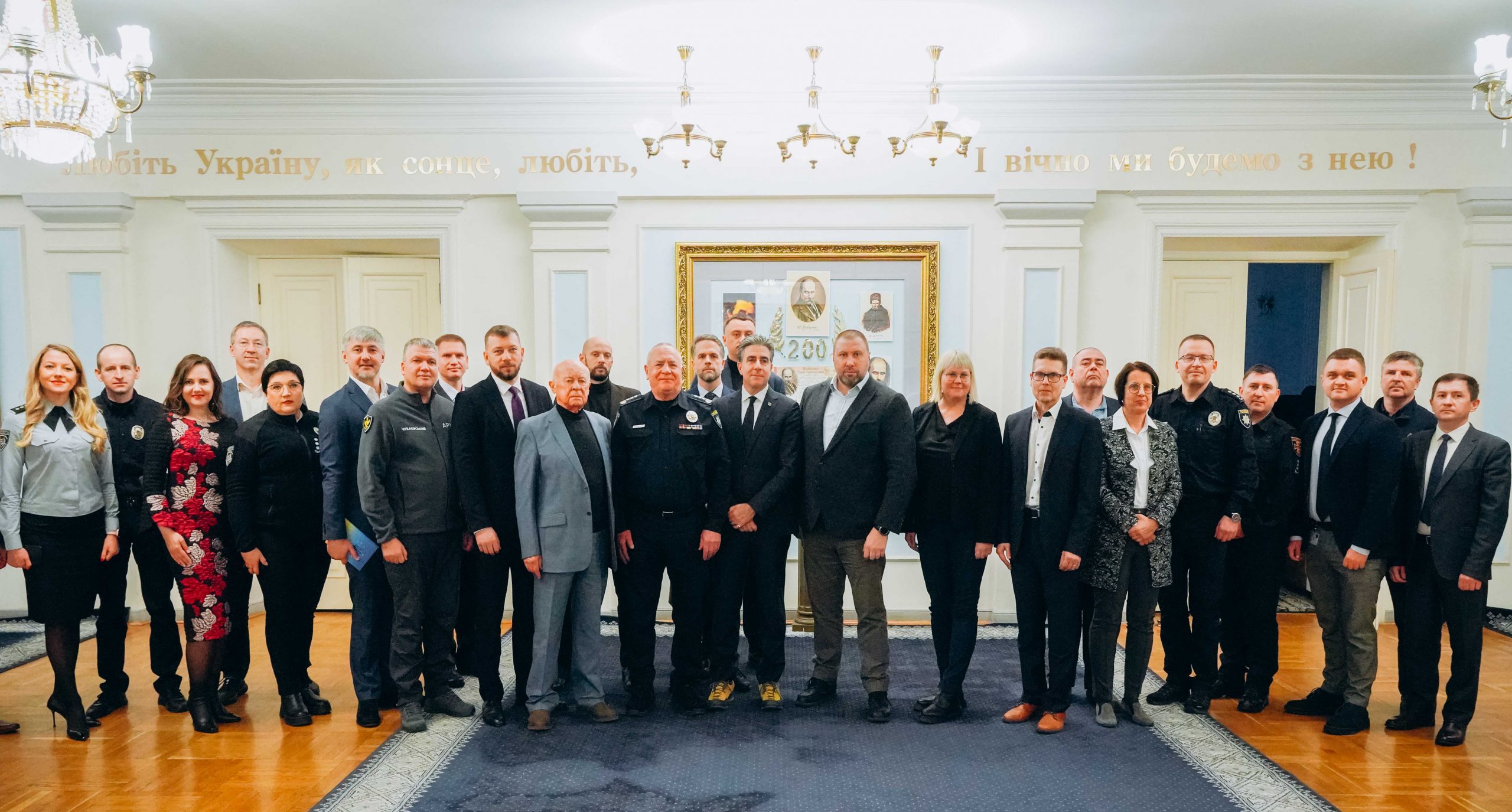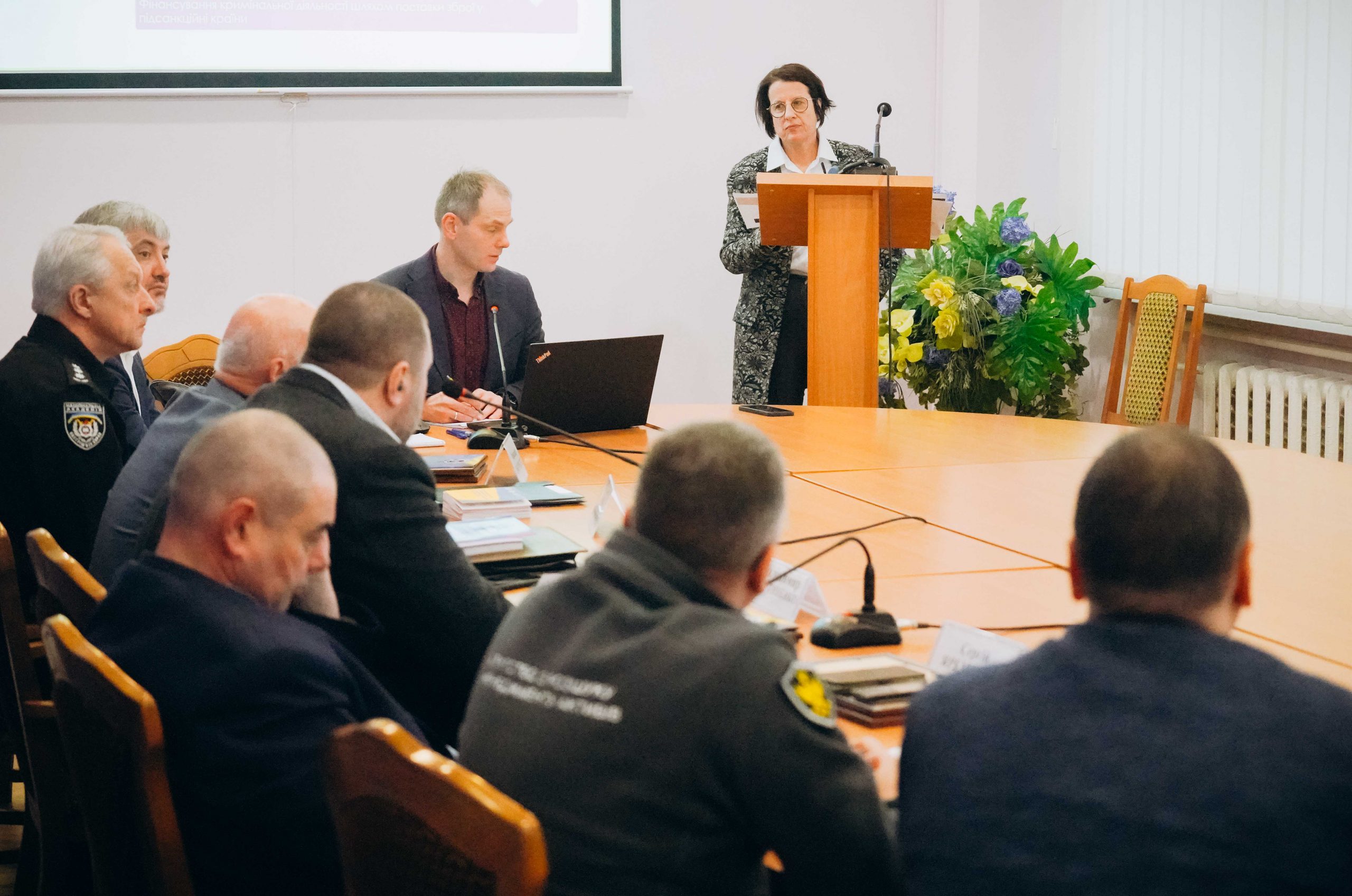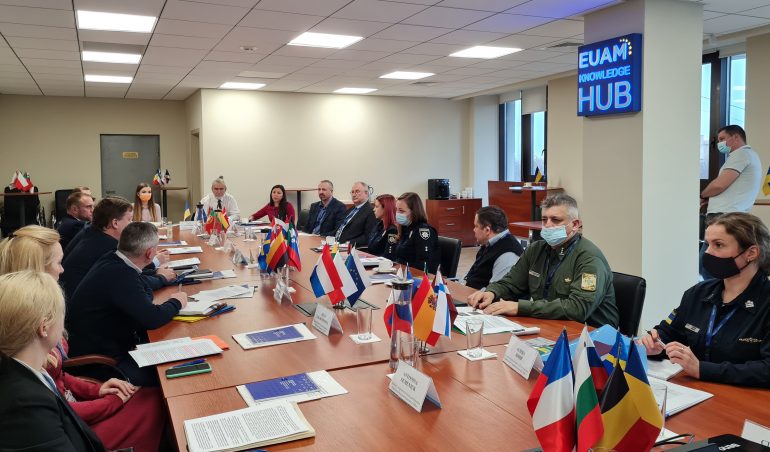A United Front: State Officials, Legal Practitioners, Academics, and Civil Society Gather to Strengthen Anti-Corruption Efforts
December 09, 2024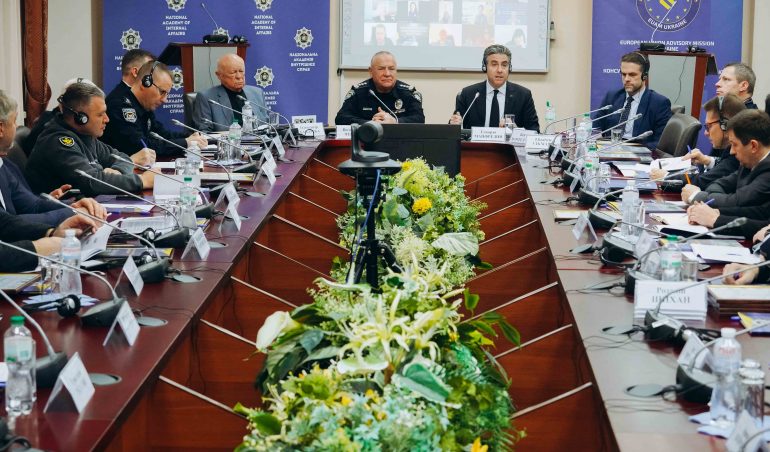
Corruption is a challenge that knows no borders. It undermines trust, damages economies, and hampers progress. That’s why events like the IX International Scientific and Practical Conference, “Implementation of the State Anti-Corruption Policy in International Dimension,” are so important. Held on 5–6 December 2024, this annual event brought together Ukraine’s brightest minds and international experts to share knowledge, exchange ideas, and find solutions.
Co-hosted by the National Academy of Internal Affairs, the Ministry of Internal Affairs, the National Academy of Legal Sciences, and EUAM Ukraine, the conference united nearly 300 participants, including state officials, legal practitioners, academics, and international partners.
This forum created a space for honest and constructive dialogue about what is working, what needs improvement, and how to achieve lasting change in anti-corruption efforts in Ukraine. Discussions moved beyond theory to focus on tangible issues, such as improving legislation, strengthening law enforcement, and aligning Ukraine’s efforts with international and European best practices.
Highlighting findings from a recent public opinion survey conducted by EUAM Ukraine, Edoardo Manfredini, Head of Sector Europe in the Planning and Conduct of Operations Division at the Civilian Planning and Conduct Capability – European Union External Action Service, noted that while the fight against corruption remains a top priority for Ukrainians, it is also perceived as one of the least successfully implemented reforms. He stressed the importance of enhanced cooperation among government institutions, law enforcement, civil society, and academic communities to drive sustainable anti-corruption reforms. Mr. Manfredini also praised Ukraine’s advancements in digitalisation as a key step towards greater transparency and accountability and emphasised EUAM Ukraine’s role in supporting reforms, particularly the Overarching Strategy for Law Enforcement.
Contributions from key figures underlined various dimensions of the anti-corruption struggle in Ukraine. Oleh Nemchinov, Minister of the Cabinet of Ministers, called for enhanced professional training for civil servants and improvements to anti-corruption legislation. Oleksandr Bandurka, Vice-President of the National Academy of Legal Sciences, emphasised the need for coherence and systematic implementation of anti-corruption measures. Vira Mykhailenko, Head of the High Anti-Corruption Court, highlighted the judiciary’s critical role in delivering impartial and just rulings against corrupt officials, which is vital for strengthening Ukraine’s governance during and after the war.
During the panel discussions, participants examined practical case studies of successful anti-corruption efforts. Nellen Bettina, EUAM Adviser on Anti-Corruption, shared her insights and experience in addressing money laundering, highlighting her work on investigating and prosecuting such activities in Serbia.
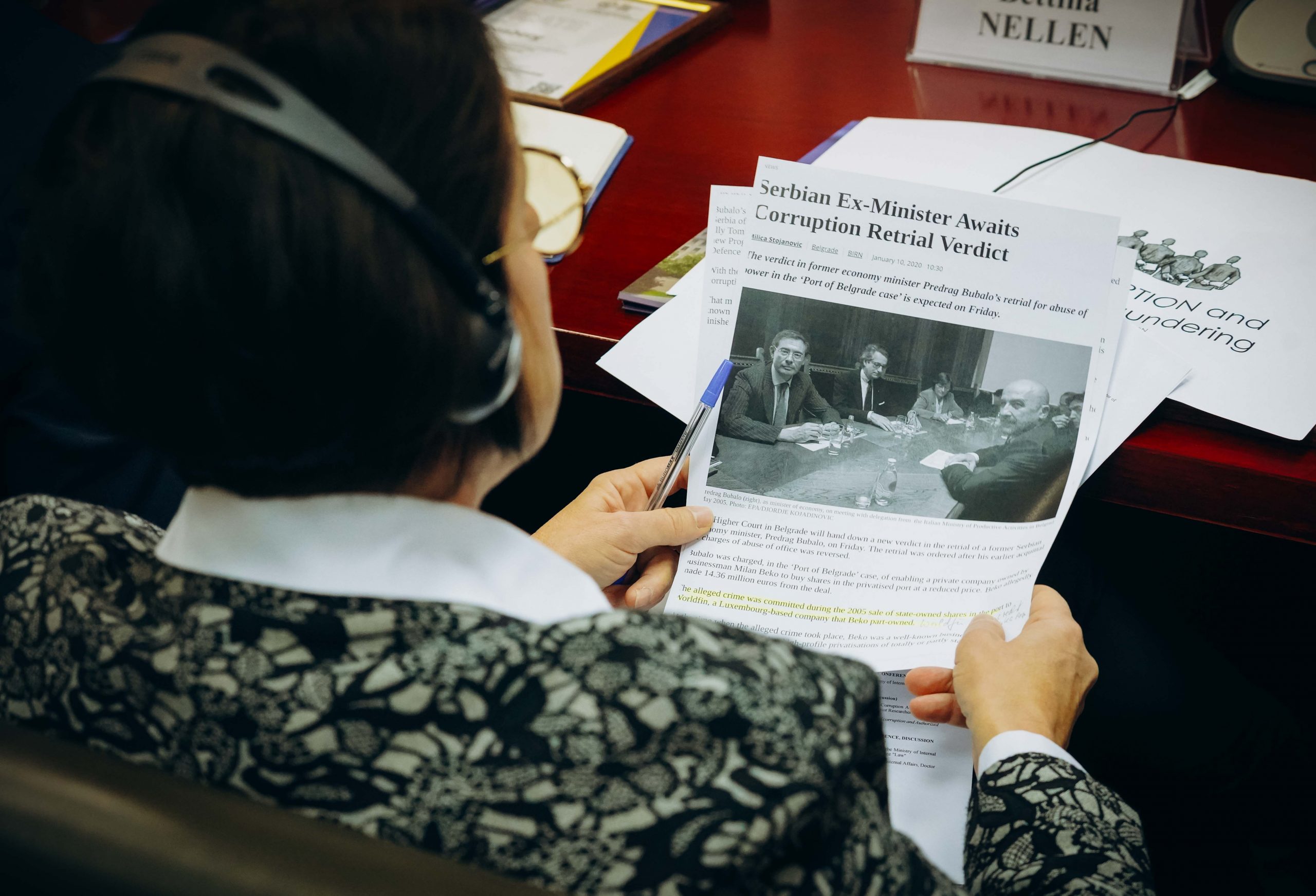
Discussions explored innovative tools and mechanisms, from digital platforms like e-declarations and Prozzoro to global best practices tailored to Ukraine’s context. Experts also addressed professional ethics, integrity in public service, and the introduction of anti-corruption ombudsmen. The forum fostered collaboration among academia, government agencies, and civil society.
The insights and recommendations generated during the conference have been compiled into a comprehensive list aimed at enhancing Ukraine’s anti-corruption policies at central, regional, and local levels. These recommendations will be disseminated among participants and relevant state institutions to inform future strategies in the ongoing battle against corruption.


